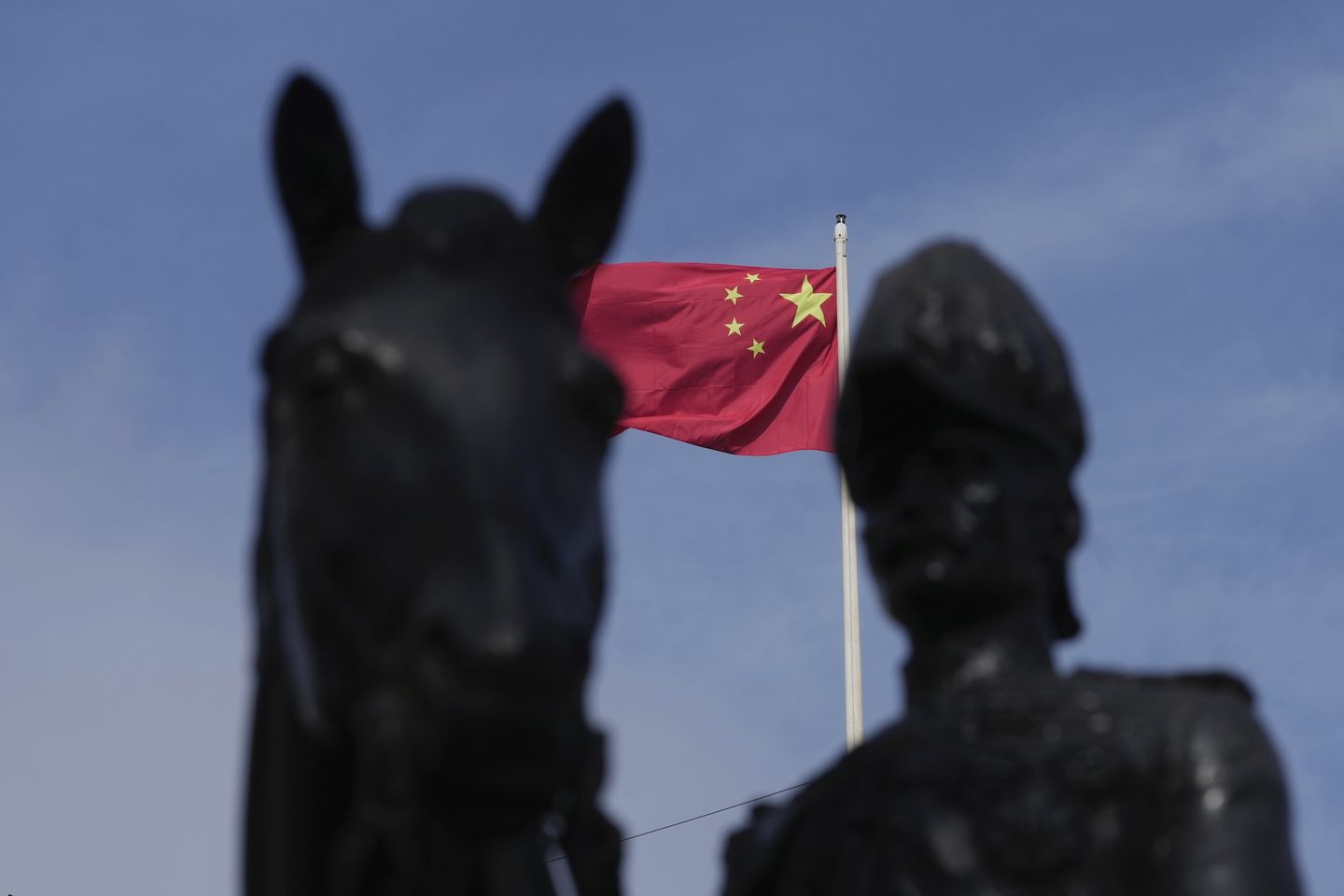
China has issued a stark warning that it will punish countries that participate in U.S.-led trade talks aimed at isolating Beijing, escalating tensions in an already contentious global economic landscape. Here’s what you need to know about this significant development:
The Chinese threat
Beijing takes aggressive stance against economic isolation:
- Official warning issued to countries joining U.S. trade initiatives
- Specifically targeted nations participating in recent negotiations
- Threatened “consequences” for economies aligning against China
- Economic, diplomatic, and political retaliation implied
- Particular focus on developing nations considering U.S. alignment
- Language unusually direct for Chinese diplomatic communications
- Delivered through multiple diplomatic and media channels
The U.S. initiative
American trade strategy targets Chinese economic practices:
- Trump administration organizing multilateral trade approach
- Seeking coalition of nations to address Chinese policies
- Focus on intellectual property protection and market access
- Strategic supply chain resilience emphasized
- Technology transfer requirements targeted
- State subsidy concerns central to discussions
- Alternative trade frameworks being developed
The international reaction
Countries weighing risks of alignment:
- Major economies carefully calibrating responses
- Southeast Asian nations particularly challenged by competing pressures
- European Union seeking balanced approach
- Australia and Japan firmly aligned with U.S. initiative
- Developing economies expressing concerns about choosing sides
- India maintaining strategic ambiguity while participating
- African nations approached by both sides with incentives
The economic leverage
Chinese warning backed by significant capabilities:
- Market access to 1.4 billion consumers as primary leverage
- Supply chain integration creating mutual dependencies
- Infrastructure investment through Belt and Road Initiative
- Commodity purchasing power affecting resource economies
- Manufacturing capacity difficult to replace quickly
- Technology sectors increasingly competitive
- Financial market access controlled through regulations
The strategic context
Warning reflects broader geopolitical competition:
- Trade becoming increasingly securitized
- Economic tools deployed for strategic objectives
- Technological sovereignty prioritized by both powers
- Supply chain resilience versus efficiency tradeoffs
- Economic blocs potentially forming around competing powers
- WTO system increasingly strained by bilateral approaches
- Globalization fragmenting along geopolitical lines
The industrial impact
Specific sectors particularly affected:
- Technology firms facing bifurcated standards and markets
- Critical minerals and rare earths supply chains vulnerable
- Agricultural exporters caught between major markets
- Pharmaceutical and medical supply manufacturers reassessing production
- Consumer goods companies navigating complex sourcing environments
- Financial services firms adapting to regulatory divergence
- Transportation and logistics adjusting to changing trade flows
The diplomatic implications
Communication signals broader policy shift:
- Unusually direct language indicates escalation
- Previous preference for quiet pressure abandoned
- Public messaging aimed at deterring coalition formation
- Economic coercion increasingly explicit
- Diplomatic relationships increasingly tied to economic alignment
- Third countries forced into difficult choices
- International organizations struggling with polarization
What happens next
Several key developments are anticipated:
- U.S. response to Chinese warning expected
- Countries likely to seek middle ground positions
- Some nations potentially delaying formal commitments
- Regional trade agreements gaining importance
- Corporate contingency planning accelerating
- Industry-specific arrangements potentially emerging
- Economic security becoming central policy consideration
The increasingly confrontational approach to international trade represents a significant shift in global economic relations, with implications for businesses, consumers, and the international order that has governed commerce for decades.
Read more:
• China says it will punish countries that use U.S. trade talks to ostracize Beijing
This article is written with the assistance of generative artificial intelligence based solely on Washington Times original reporting and wire services. For more information, please read our AI policy or contact Ann Wog, Managing Editor for Digital, at awog@washingtontimes.com
The Washington Times AI Ethics Newsroom Committee can be reached at aispotlight@washingtontimes.com.












